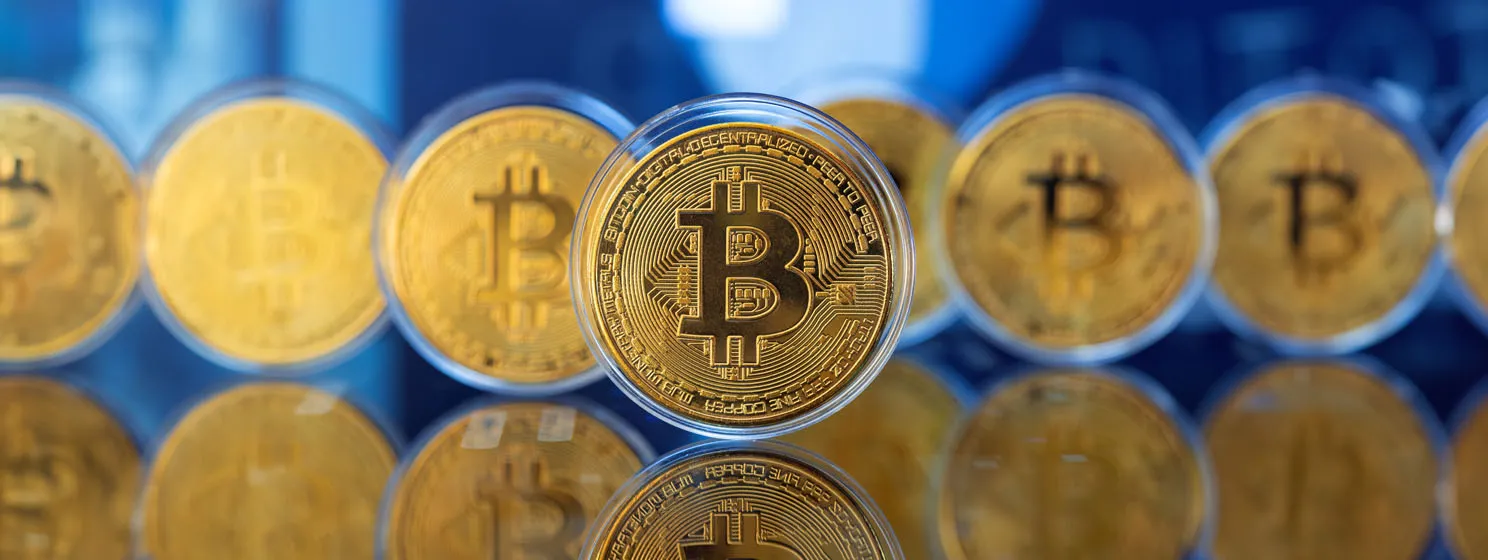|
Getting your Trinity Audio player ready...
|
Bitcoin back-end developer unwriter has announced a US$1.6 million investment in his company, Planaria Corp. Rather than follow a traditional VC-led funding round, unwriter opted for a pool of individual and corporate accredited investors known as “mass syndication” because he was already receiving unsolicited investment interest.
Included in the funding round were Ausvic Capital, Calvin Ayre, John Coyle, Ken Shishido, Mempool, Persimmon Hill Limited, and Unbounded Capital—though unwriter did not specify the level of each party’s contribution. He said the mass syndication approach meant he, as Founder of Planaria Corp., created a term sheet and presented it to potential investors rather than relying on a lead venture funder to make the term sheet.
Today, I'm happy to announce I have closed the seed round for Planaria corp.https://t.co/QpHPhPk2Zs
— _unwriter (@_unwriter) November 19, 2019
unwriter said a priority would be hiring a handful of other developers to work with. He noted he would be looking for “crazy people”; individuals interested in creating new types of value rather than trying to fit existing business models.
“unwriter has been a prolific creator of developer tools for BSV,” stated Calvin Ayre. “I choose to invest in his company to help increase the availability of even more tools developers need to build on BSV easily.”
A former BCH developer, unwriter has released a number of infrastructure services in 2019 aimed at allowing Bitcoin applications to make fast yet secure data calls. These include code libraries and database-mapping tools including Bitwork, Bitbus, Grid Planaria and Neon Planaria, Overpool, BOB and MOM.
unwriter was one of the earliest and most notable BCH developers to declare he was moving his work completely over to BSV. Just about a day after the November 2018 hash war ended, unwriter published the seminal blog post, titled “The Resolution of the Bitcoin Cash Experiment,” explaining how the BCH-ABC camp significantly deviated away from Bitcoin’s design and principles, and why he now chooses to build only on BSV. In it, unwriter summed it up well:
Bitcoin SV is the Real Bitcoin. This is not an opinion.
This is a fact. Bitcoin works.
And I choose to build everything on top of Bitcoin.
In July 2019 he announced his Planaria project would become a corporation called Planaria Corp, and called for interest from seed round investors. He said his goal for the company was “to create a globally distributed, economically incentivized data grid for Bitcoin, not so dissimilar to electric grids.”
unwriter, whose real identity remains unknown to the public, has made his mark on the Bitcoin developer community thanks to his output level and the widespread use of his tools. As well as deploying methods for apps to query Bitcoin network and transaction states without having to run full nodes, they have also created new economic incentives that enable different actors within the ecosystem to benefit from their contributions.
‘Don’t try to do something useful, do something crazy’
CoinGeek spoke to unwriter about his plans and fundraising approach, where he revealed more about the philosophy that guides his work, as well as thoughts related to trust and identity.
CoinGeek: What made you decide to go the mass syndication route?
unwriter: I decided to do mass syndication because there were people who already wanted to invest, and I had promised them to let them know when I started fundraising. As I mentioned in the blog post, this approach can be dangerous if you don’t get enough traction with the raise, it may even kill the entire round. But I had enough interest at that point, I thought why not?
CG: You mentioned you had to spend more time with this process “in order to make sure I didn’t mess up things,” how long did it take from start of the process to closing the deal?
unwriter: At first I actually thought I could finish the round in a couple of weeks. In fact this does happen in some Silicon Valley deals, so it wasn’t a completely crazy idea to begin with. But overall I think it took around a month and a half. I neglected the fact that I am not in Silicon Valley, where founders can just schedule an “investment tour” and meet investors over a short period of time and close quickly. Instead I had investors who were spread around the world, and had to co-ordinate across multiple timezones over phone calls. I did meet some investors in person, but most of the people I had discussions with I had conference calls. And this back and forth took a lot of time.
CG: You described your seed round investors as “diverse yet focused” group. Can you share with us your criteria for choosing your backers?
unwriter: Trust. I’ve met too many people in the ecosystem who betrayed trust in various ways, that I was very cautious about discussing things throughout the entire fundraise. There were some great people I would have loved to talk with further, but didn’t get to move forward with because I didn’t know them well enough, and wasn’t comfortable sharing too much. It’s unfortunate because I could have tried to get to know them better. But I didn’t have enough time and had to keep moving, so things just turned out this way. All of the final investors in this round are either people I already know and respect through their “proof of work”, or people who I got to know much better through the fundraising process as we had more conversations, and I know that they are on the same wavelength.
CG: What are your top priorities with the funding?
unwriter: Finding people to work with.
CG: How big is the dev team now? How big will it be in three months?
unwriter: One. I hope to find another 1~2 people to work together with soon. But I’m being optimistic. I don’t think I will be able to find quickly because I will be looking for crazy people.
CG: What can we expect from Planaria in 2020?
unwriter: Scalability and stability. There are a lot of things I need to be concerned about, but the most urgent issue is scalability and stability. Everything else stems out from this. Grid Planaria already can scale up to gigabyte block sizes just fine, but we need to think about hundreds of gigabytes and terabytes. This is also possible, but requires more work to make it stable. Without an efficient way to deliver global Bitcoin state to end users, the power of Bitcoin will not fully shine because everyone still gets locked into businesses. My mission is to prevent that scenario so that Bitcoin ultimately works for the people. I think there’s great value in this.
CG: Your voice carries a lot of weight in the BSV space. What would you advise aspiring BSV developers to focus on, if they want to do something useful?
unwriter: I think people should keep building cool things. There’s this meme going around saying you should only build things on bitcoin to make money, and I disagree. Bitcoin allows new business models which we have never seen yet, which means it may actually be a much better idea to just build cool stuff that’s unique to Bitcoin, and a new business model will arise. If you’re just bashing your head to think about doing everything for the sake of making money, you are probably building apps with super-obvious business models. Obvious business models are obvious and not that interesting. A business model always arises from new type of value created. As long as you create a new type of value, you will make money, especially on Bitcoin where everything can be monetized frictionlessly. Your question was “… if they want to do something useful,” which is ironic because I want to say “don’t try to do something useful, do something crazy.” Crazy people tend to make the most money in the end.
CG: People always ask if/when you’re going to reveal your identity to the public, is that still something you’re planning to do? Perhaps at CoinGeek London this February?
unwriter: It will probably happen organically. I haven’t had time to think about this much because I had too many other things to worry about recently. But I’ve started thinking about it lately. Maybe I’ll figure it out soon. That said, my identity is not really important and don’t want this to be a big deal. In fact, I should think about a way to do this in a way that I minimize the effect.
Editor’s note: This post has been updated.

 06-30-2025
06-30-2025 





